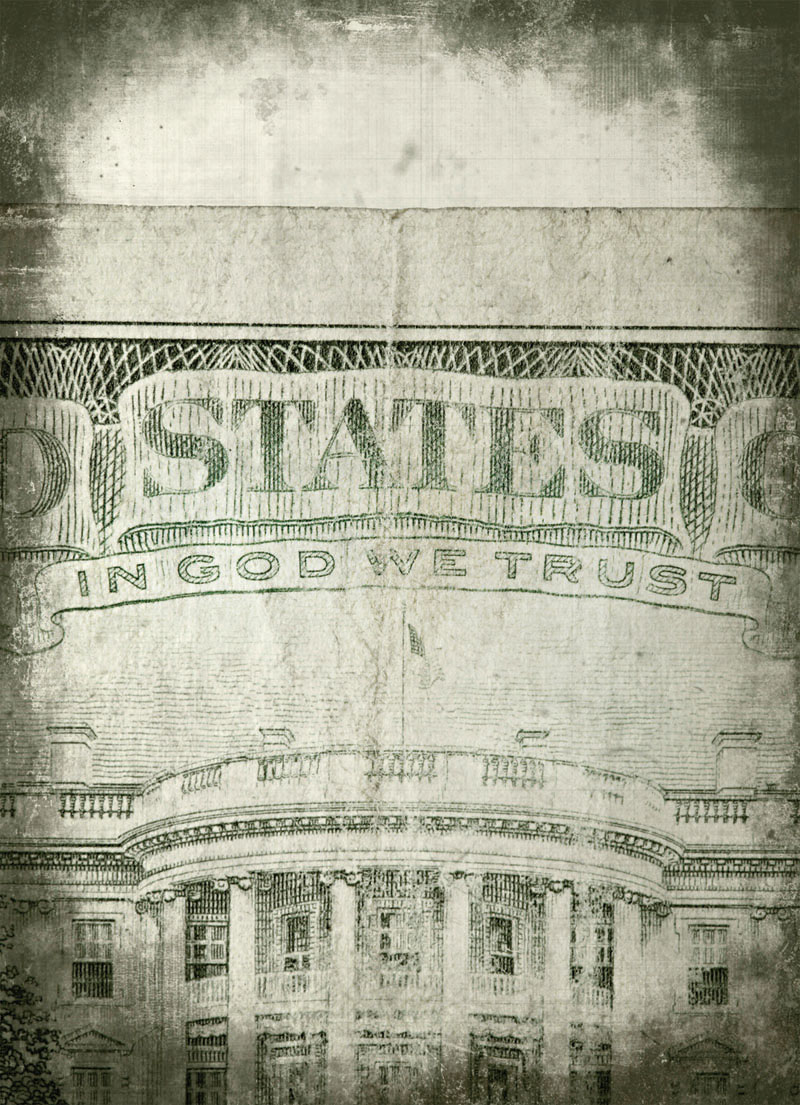Chapter Introduction
Money, Banking, and the Federal Reserve System
481
What You Will Learn in this Chapter
- The various roles money plays and the many forms it takes in the economy

- How the actions of private banks and the Federal Reserve determine the money supply

- How the Federal Reserve uses open-market operations to change the monetary base

Funny Money

ON OCTOBER 2, 2004, FBI AND Secret Service agents seized a shipping container that had just arrived in Newark, New Jersey, on a ship from China. Inside the container, under cardboard boxes containing plastic toys, they found what they were looking for: more than $300,000 in counterfeit $100 bills. Two months later, another shipment with $3 million in counterfeit bills was intercepted. Government and law enforcement officials began alleging publicly that these bills—high-quality fakes that were very hard to tell from the real thing—were being produced by the government of North Korea.
The funny thing is that elaborately decorated pieces of paper have little or no intrinsic value. Indeed, a $100 bill printed with blue or orange ink literally wouldn’t be worth the paper it was printed on. But if the ink on that decorated piece of paper is just the right shade of green, people will think that it’s money and will accept it as payment for very real goods and services. Why? Because they believe, correctly, that they can do the same thing: exchange that piece of green paper for real goods and services.
In fact, here’s a riddle: if a fake $100 bill from North Korea enters the United States, and nobody ever realizes it’s fake, who gets hurt? Accepting a fake $100 bill isn’t like buying a car that turns out to be a lemon or a meal that turns out to be inedible; as long as the bill’s counterfeit nature remains undiscovered, it will pass from hand to hand just like a real $100 bill. The answer to the riddle, as we’ll learn later in this chapter, is that the real victims of North Korean counterfeiting are U.S. taxpayers, because counterfeit dollars reduce the revenues available to pay for the operations of the U.S. government. Accordingly, the Secret Service diligently monitors the integrity of U.S. currency, promptly investigating any reports of counterfeit dollars.
The efforts of the Secret Service attest to the fact that money isn’t like ordinary goods and services. It plays a unique role in the economy as the essential channel that links the various parts of the modern economy. In this chapter, we’ll look at the role money plays, then look at how a modern monetary system works and at the institutions that sustain and regulate it. This topic is important in itself, and it’s also essential background for the understanding of monetary policy, which we will examine in the next chapter. 
482